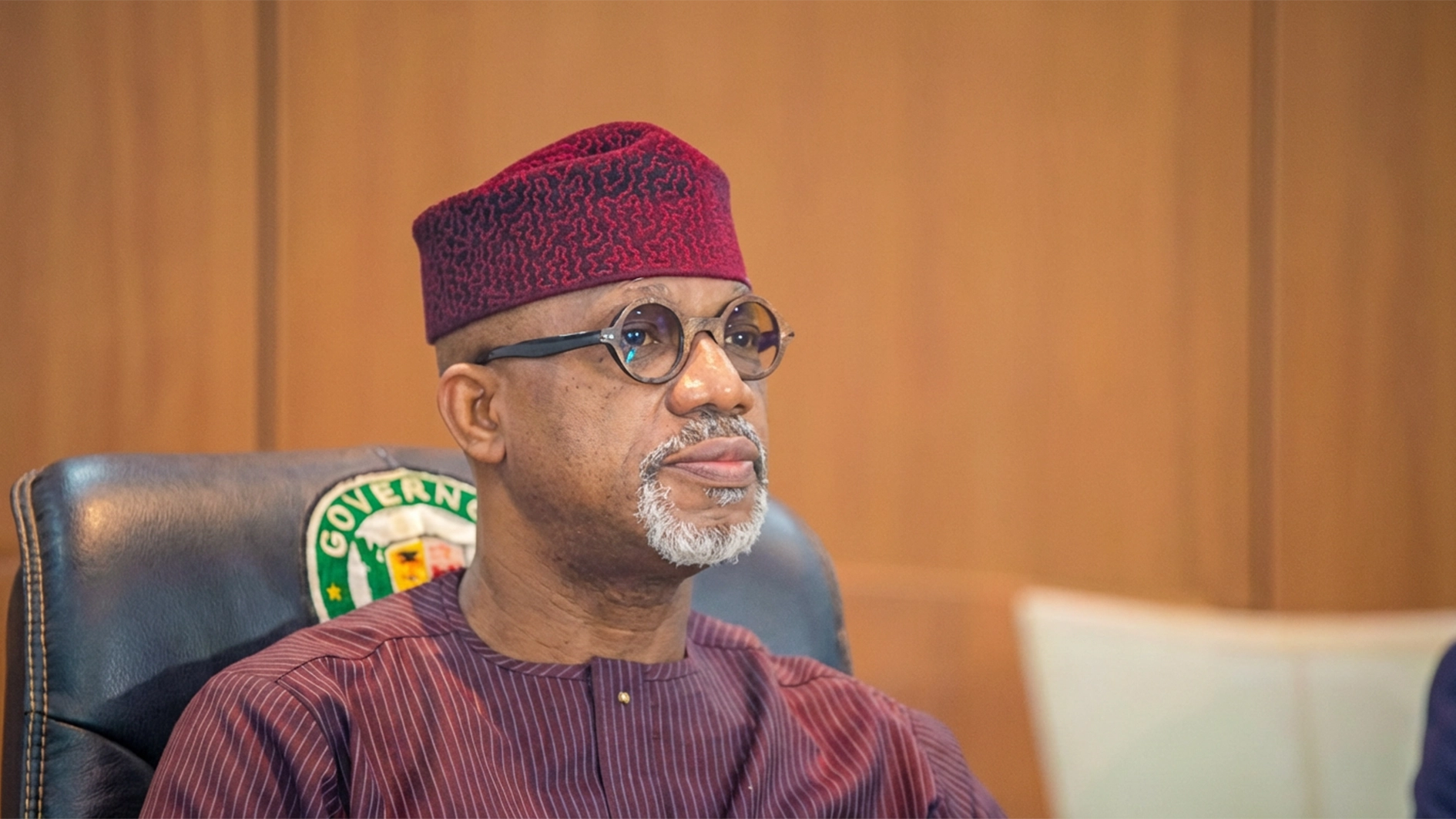The Nigerian Academy of Education (NAE) has criticised the Federal Government’s recent cancellation of the National Language Policy, calling on the Minister of Education, Maruf Alausa, to reinstate the use of mother tongue as the language of instruction at the foundational levels of schooling.
In a position paper submitted to the minister on November 25 and released to journalists on Friday, the NAE argued that evidence supports early education in indigenous languages, stating that it enhances learning outcomes, strengthens cultural identity, and promotes inclusive national development. The statement was signed by NAE President, Emeritus Professor Olugbemiro Jegede, and Secretary-General, Professor Chris Chukwurah.
The Academy described the policy reversal as a “grave disservice” to Nigeria’s educational progress, warning that discontinuing mother tongue instruction without rigorous evaluation amounted to “permanent recolonisation and the burial of Nigeria’s future and pride.”
The Federal Government recently scrapped the 2022 National Language Policy, designating English as the sole medium of instruction at all levels, a position restated by Alausa at the 2025 Language in Education Conference organised by the British Council in Abuja.
The NAE maintained that historic and contemporary studies, including the Ife Six-Year Project and recent bilingual education research, show that pupils who begin learning in their native languages perform better academically, even in English, than those introduced prematurely to foreign-language instruction.
The Academy criticised the rationale presented by the minister, noting that poor performance in public examinations cannot be attributed to mother tongue instruction, which ends at primary four, and stated that no empirical data support claims that indigenous language teaching has undermined educational outcomes over the past 15 years.
While calling for immediate reinstatement of the policy, the NAE urged the government to strengthen implementation through teacher training, improved learning materials, stakeholder engagement, and regular evidence-based reviews.
The Academy stressed that safeguarding early-grade learning in Nigerian languages is essential to preserving national heritage and preventing further decline in literacy.
The NAE also drew attention to the resurgence of school attacks by terrorists, warning that the education system is “under siege” and edging towards collapse.
The statement cited at least 92 school invasions, 2,500 abducted learners, over 180 children killed, 90 injured, and more than 90 still missing since the 2014 Chibok abduction, culminating in the attack on St. Mary’s School in Niger State on November 21. The Academy noted that over one million children now live in fear of attending school, adding, “These are not statistics but shattered dreams, grieving families, and a generation at risk.”
While acknowledging government initiatives such as the Safe Schools Declaration and the National Plan for Financing Safe Schools, the NAE said these measures remain “grossly inadequate,” leaving schools in the North-East and Middle Belt as soft targets.
The Academy highlighted the collapse of public confidence, the lack of basic governance structures, emergency response systems, and secure infrastructure, and the severe psychological toll on learners, teachers, and families, including trauma, anxiety, burnout, and emotional breakdown.
The Academy further warned of long-term economic and human capital consequences, with millions of children out of school and communities destabilised. It called for decisive government intervention, demanding full protection for learners and school personnel in line with national and international obligations, stringent punishment for perpetrators, improved intelligence coordination, trauma care for victims, and compensation for bereaved families.
“Education is the lifeblood of any nation. If Nigeria fails to protect its schools and its young ones, it fails to protect its future,” the statement read.
The NAE urged the government, security agencies, and civil society to “rise above rhetoric and take bold, coordinated action. The time for promises has passed; the time for results is now.”






